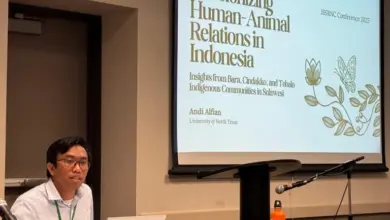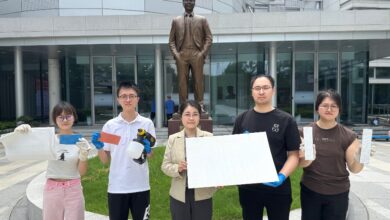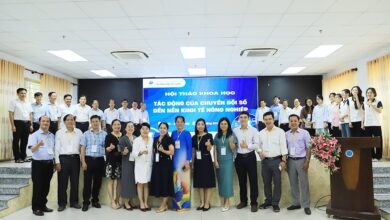EdUHK Research on Vocabulary Learning Based on Learner-Generated Pictorial Annotations

Many applications of big data in language education are associated with multimedia learning, and a considerable proportion of the practices of integrating multimedia into language learning resources is associated with annotations for vocabulary learning. The literature indicates that multimedia annotations are very effective in promoting vocabulary learning and that pictorial annotations lead to effective vocabulary learning, but their creation is challenging and time-consuming.
A research by Dr Zou Di, Assistant Professor at the Department of English Language Education, The Education University of Hong Kong, investigated the potential for using big data for vocabulary learning by having students search for images on Google and social media to help understand, learn and retain vocabulary. The research examined learners’ perceptions of creating pictorial annotations using Google images and social media images, their evaluation of the learner-generated pictorial annotations, and the effectiveness of Google and social media pictorial annotations in promoting vocabulary learning.
The study included 153 undergraduates learning English as a foreign language, all non-English majors in a local university in Hong Kong, split randomly into five groups. Group 1 created pictorial annotations taken from Google and social media for 10 target words (burglarize, grin, inflammation, ostensible, procrastination, rake, shatter, shiver, tumble, and wrath), and after training, Group 2 evaluated Group 1’s pictorial annotations. Based on the students’ evaluation scores, two experts selected two sets of pictorial animations for each of the 10 target words, and two experiment groups learned the target words with them, Group 3 using the Google pictures and Group 4 using the social media pictures. Group 5 was the control group.
The Group 3 and 4 participants’ prior knowledge of the target words was measured through a pre-test before the intervention, and their initial learning and retention of the words were measured through an immediate post-test right after the intervention and a delayed post-test one week later.
The results indicated positive attitudes towards using Google and social media pictorial annotations for language enhancement and significant effectiveness in both learning and remembering the target words. The study found that Google pictorial annotations were more appropriate and reliable and achieved better results than those from social media. It also found that the participants who created word lists with images were more likely to engage in active learning when they selected and organised the verbal and visual information of target words by themselves and actively integrated this information with their prior knowledge.
Over 90% of the participants found using Google and social media data as resources for language enhancement interesting and creative, and over 80% of them considered it feasible and reliable. The participants generally agreed that it was easy to create pictorial annotations using Google and social media data. Learner-generated annotations for words with concrete meanings were much more highly rated than the annotations for words with abstract meanings.
The research was conducted together with Associate Professor Xie Haoran at the Department of Computing and Decision Science, Lingnan University.
To learn more about the research, please click here.




